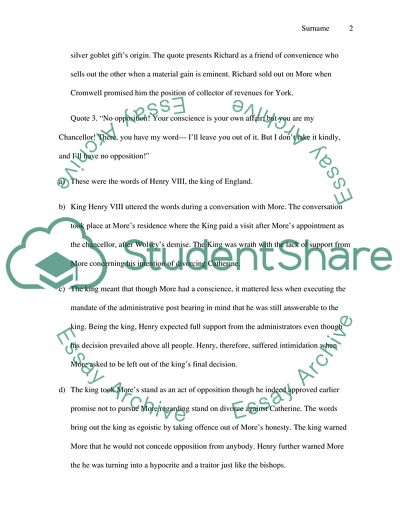Cite this document
(“A Man for All Seasons by Robert Bolt Book Report/Review”, n.d.)
A Man for All Seasons by Robert Bolt Book Report/Review. Retrieved from https://studentshare.org/literature/1763084-redo-book-report-on-a-man-for-all-seasons-by-robert-bolt
A Man for All Seasons by Robert Bolt Book Report/Review. Retrieved from https://studentshare.org/literature/1763084-redo-book-report-on-a-man-for-all-seasons-by-robert-bolt
(A Man for All Seasons by Robert Bolt Book Report/Review)
A Man for All Seasons by Robert Bolt Book Report/Review. https://studentshare.org/literature/1763084-redo-book-report-on-a-man-for-all-seasons-by-robert-bolt.
A Man for All Seasons by Robert Bolt Book Report/Review. https://studentshare.org/literature/1763084-redo-book-report-on-a-man-for-all-seasons-by-robert-bolt.
“A Man for All Seasons by Robert Bolt Book Report/Review”, n.d. https://studentshare.org/literature/1763084-redo-book-report-on-a-man-for-all-seasons-by-robert-bolt.


